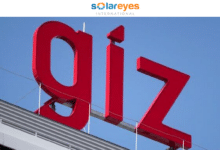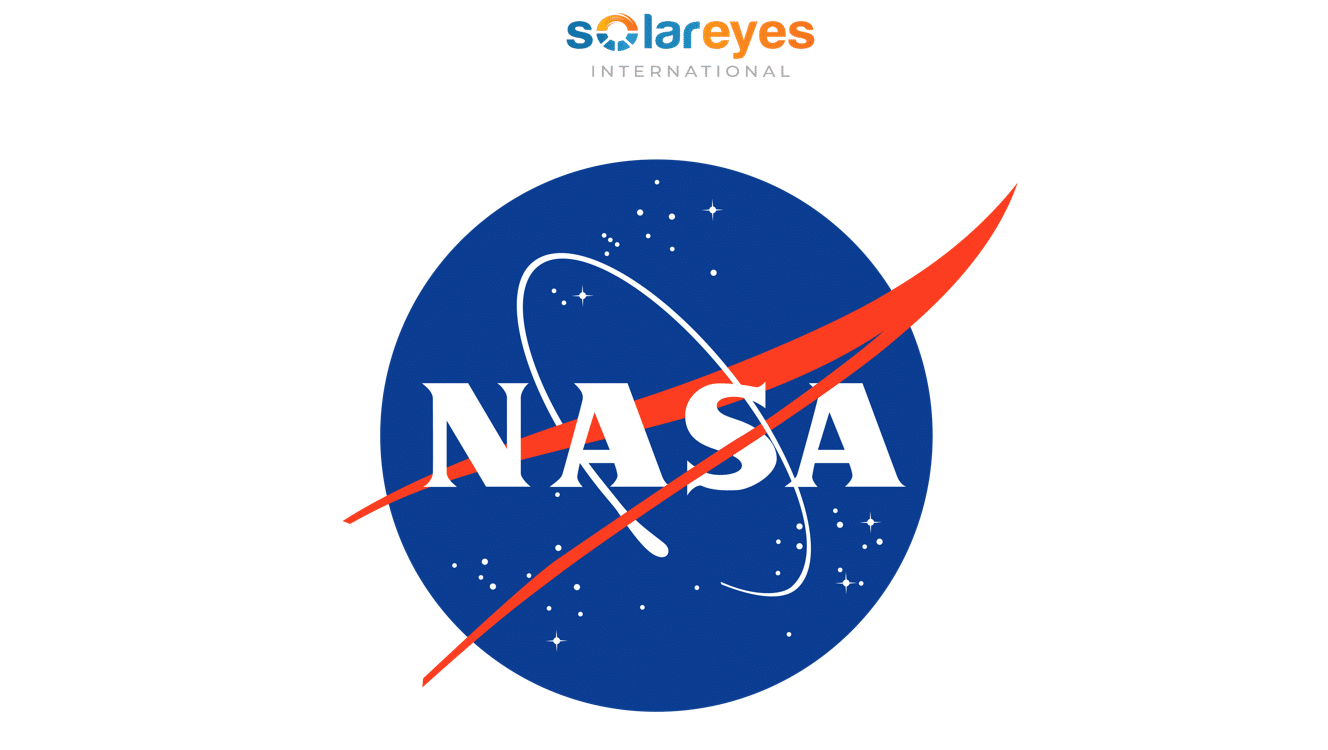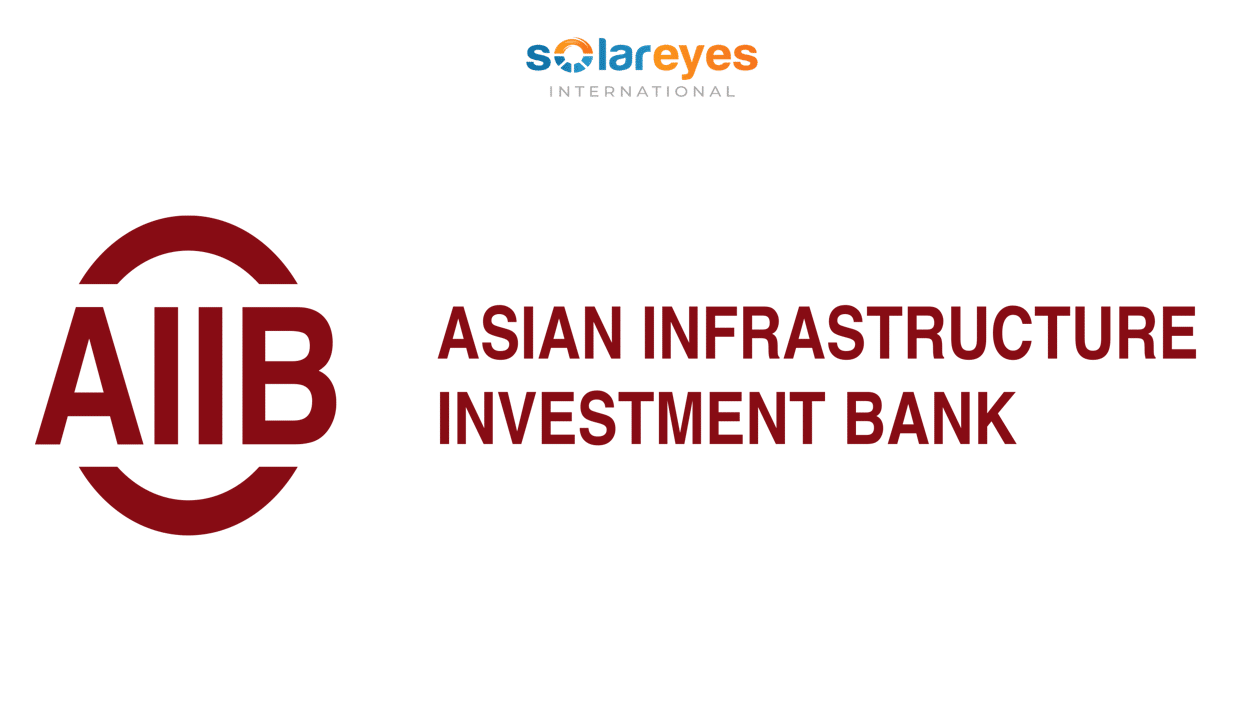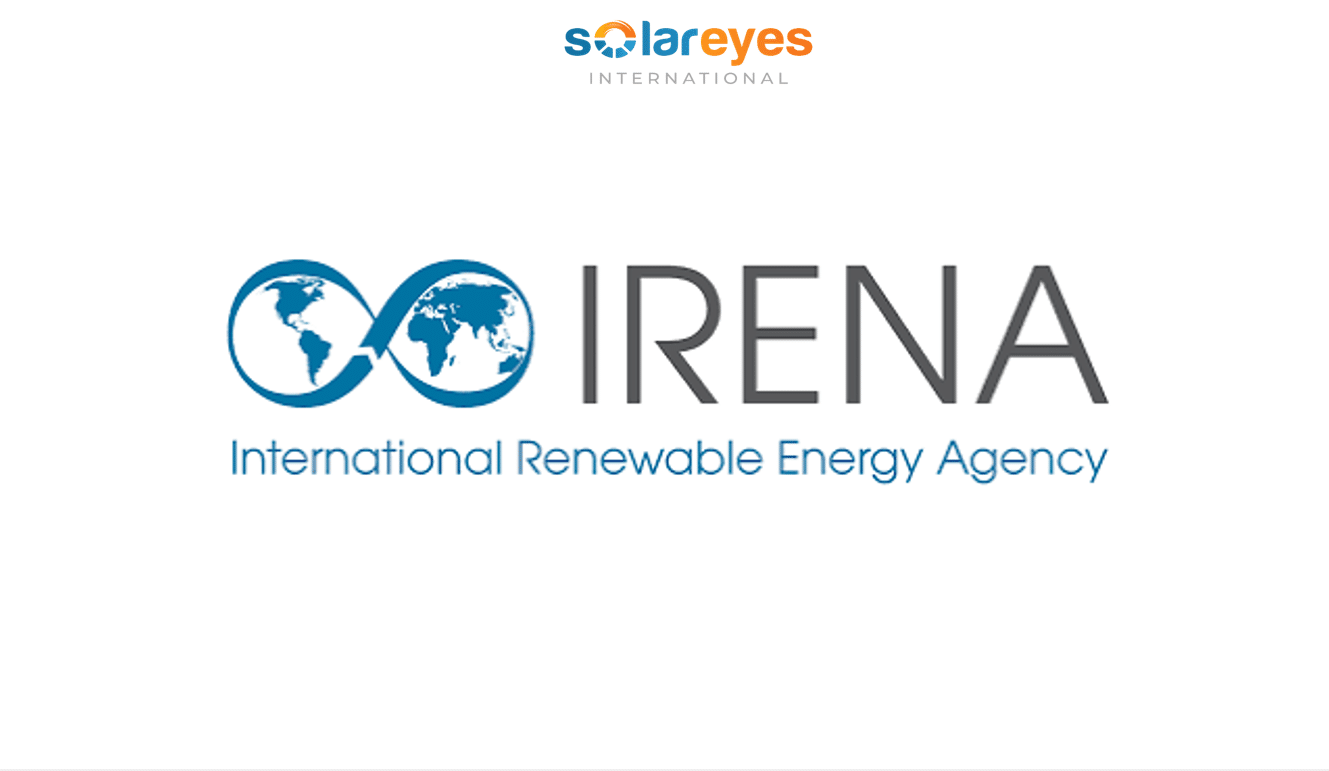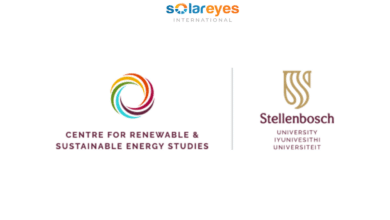Climate Change and Environment Specialist – UNV
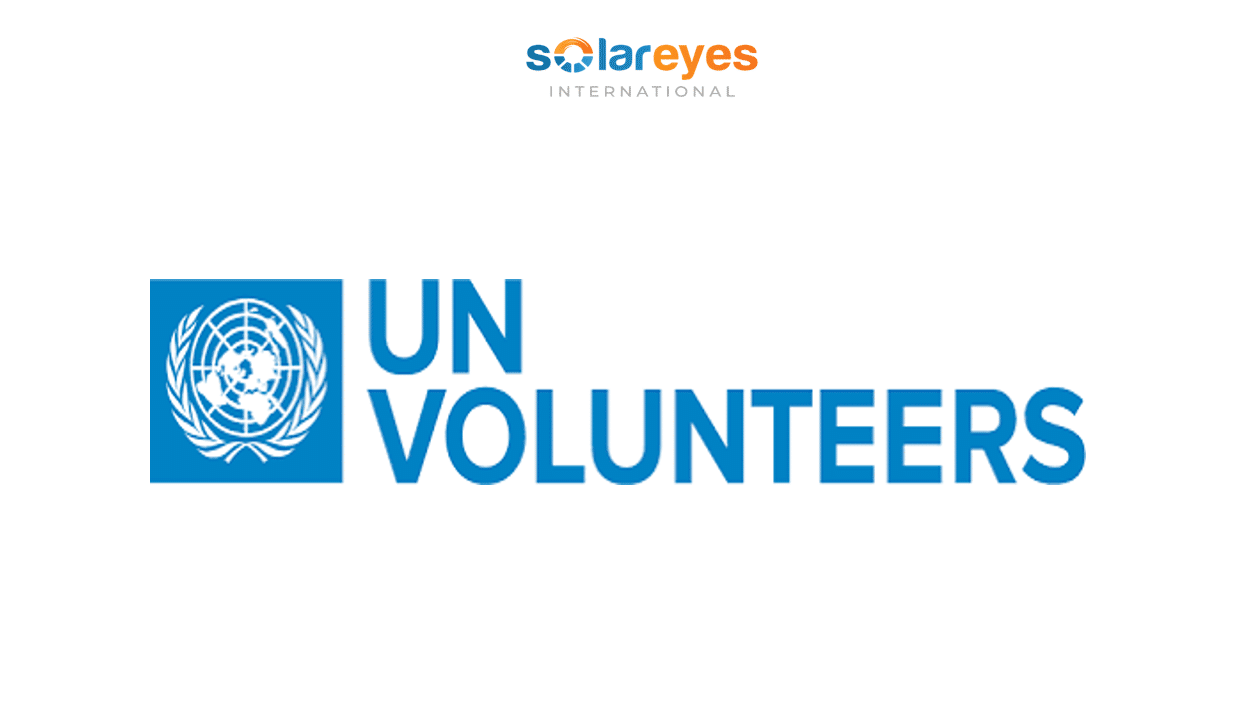
Climate Change and Environment Specialist – UNV
General
Description of assignment title: Climate Change and Environment Specialist
Assignment country: Rwanda. Expected start date: 16/10/2023. Sustainable Development Goal: 13. Climate action. Volunteer category: National UN Volunteer Specialist. Host entity: UNICEF. Type: Onsite. Duration: 12 months (with possibility of extension). Number of assignments: 1. Duty stations: Kigali
Climate Change and Environment Specialist – UNV
Guided by the 2030 Agenda principle of “leaving no one behind”, UNICEF Rwanda under the current country programme will contribute to five priorities under the social transformation pillar of the National Strategy for Transformation 2017–2024:
(a) Ensuring access to quality health for all; (b) Reducing malnutrition; (c) Ensuring access to and improving the quality of education; (d) Moving towards a modern Rwandan household, and; (e) Enhancing graduation from poverty and promoting resilience.
The country programme will be implemented as part of the United Nations Development Assistance Plan 2018–2023 (UNDAP II), specifically contributing to Strategic Result Area 2: Social Transformation.
Context: Climate Change and Environment Specialist – UNV
To reduce the impact of climate and environmental degradation on children, it is critical to ensure that the services they need to survive, grow and thrive are resilient to climate and environmental shocks and to support them with the education and skills they will need to adapt and create a green transition and better world.
In this context, UNICEF Rwanda is implementing several initiatives aimed at strengthening climate resilience for children. To support these initiatives, there is a pressing need to deploy additional technical assistance on climate change and environment.
The main purpose of this assignment is to enhance capacities of the UNICEF Rwanda Country Office and its partners to strengthen climate resilience for children in Rwanda. The assignment is designed to align with “A Liveable Planet for Every Child – UNICEF’s Strategy for Climate, Environment, Energy and Disaster Risk Reduction — CEED (2022-2030)”.
Task description: Climate Change and Environment Specialist – UNV
Under the direct supervision of Chief Water, Sanitation and Hygiene (WASH), the UNV will provide technical, analytical, knowledge management support to the country office in design and implementation of climate, environment, energy and DRR (CEED) programmes. S/he will also assist with advocacy, resource mobilisation and youth led engagements that help accelerate and scale up priority CEED interventions in Rwanda.
More specifically, the UN Volunteer will undertake the following tasks: • Support evidence generation through conducting analysis and generating relevant infor-mation on impacts of climate change on children in Rwanda; • Support preparation of policy briefs and analytical papers for advocacy with governments and partners to put children and young people first in their sustainability plans, budgets and actions towards a green transition;
• Provide technical support for strengthening integration of linkages between climate change, DRR and children’s needs in the NST-2 and other key national development poli-cies and plans; • Work with Child Protection, Education, Health & Nutrition, Social Policy, WASH and other sections to identify opportunities, solutions and concrete actions to address climate change and environmental degradation;
• Support implementation and monitoring of RCO’s climate change, environment and DRR related interventions; • Support expansion of green energy use and applications in UNICEF programmes and operations;
• Support development of concept notes/funding proposals to mobilse additional resources for climate change and environment related interventions, especially for GCF and other climate financing instruments;
• Support building of new partnerships (including, inter-alia, with NGOs, research institu-tions, and private and public sectors institutions) to address climate and environmental risks and disasters with strong focus on children;
• Support capacity building of line government agencies, NGOs and private institutions to better understand climate risks with focus on children, the green transition, as well as ways to build resilience to disasters and longer-term climate and environmental shocks;
• Support engagement of children and youth in ensuring that the voices, perspectives and ideas of children and young people are heard, and that they have the education and skills necessary to be agents of change in their communities;
• Support documentation of good practices and lessons learned on child-sensitive climate change and environment related interventions; • Support effective coordination of UNICEF RCO’s engagement in CEED within and out-side UNICEF; and
• Represent UNICEF in the meetings of environment and climate change sector working group, development partners’ climate change working group and environment and other related fora
Eligibility criteria: Climate Change and Environment Specialist – UNV
Age: 27 – 80. Nationality: Candidate must be a national or legal resident of the country of assignment.
Requirements: Climate Change and Environment Specialist – UNV
3 years of experience in (i) Climate change, environment, clean energy, climate finance, DRR in developing country context; (ii) Demonstrated experience in applying results-based management; (iii) Proactive and resourceful, with good communication skills in negotiating and liaising with counterparts and partners; (iv) Excellent organizational and analytical skills; (v) Fluency in English both in verbal and written; and (vi) Good skills in computer applications; especially Word, Excel and Power Point.
Area(s) of expertise: Energy and environment , Engineering and construction. Languages: English, Level: Fluent, Required.
Required education level: Master degree or equivalent in Environmental sciences, climate change, disaster risk reduction, water resource management, geography, engineering, social and economic development
Other information
Living conditions and remarks
The Republic of Rwanda is a landlocked country in the Great Lakes region of east-central Africa, bordered by Uganda, Burundi, the Democratic Republic of the Congo and Tanzania. With almost 11 million people, Rwanda supports the densest population in continental Africa most of whom engages in subsistence agriculture and 39% of the population live below the international poverty line of USD 1.25 a day. Rwanda is a verdant country of fertile and hilly terrain and bears the title “Land of a Thousand Hills”.
The country has received considerable international attention due to the 1994 genocide against the Tutsi, in which between 800,000 and one million people were killed. In 2008, Rwanda became the first country in history to elect a national legislature in which a majority of members were women. The country now has many international visitors and is regarded as a safer place for tourists.
The principal form of public transport in the country is shared taxi, with express tarmacked routes linking the major cities and local services serving most villages along the main roads of the country. Housing prices differ considerably depending on what sort of living standards you have. You can live with a local person for very cheap, take a room in a share house for anywhere from $250 to $600, or rent an entire house to yourself for a lot more.
The nicer the house (and there are plenty of mansions), the higher the rent, obviously. A modern apartment could cost as much as $1,000 or more. Internet here is not expensive and fairly reliable. Some houses have wifi but most people opt to buy a USB modem and either pay for a monthly data plan or pay per KB used.
Rwanda has three main telecommunication companies i.e. MTN, Tigo and Airtel which offer an unlimited monthly plan for Rwf 20,000 per month (less than U$ 25). Rwanda has almost 40 district public hospitals and 400 health centres serving a population of nearly 11 million people.
Kigali has four main public hospitals with up-to-date equipment and qualified personnel, those hospitals are King Faisal Hospital, Kigali Teaching University Hospital, Kibagabaga Hospital and Muhima Maternal Hospital. There are also many private clinics and pharmacies. Many Rwandans are covered by various health insurances schemes including rural those with lower income who are covered by a Medical insurance Scheme locally known as “Mutuelle de Santé”.
A combination of tropical location and high altitude ensures that most of Rwanda has a temperate year-round climate. Temperatures rarely stray above 30 degrees Celsius by day or below 15 degrees Celsius at night throughout the year. The exceptions are the chilly upper slopes of the Virunga Mountains, and the hot low-lying Tanzania border area protected in Akagera National Park.
Throughout the country, seasonal variations in temperature are relatively insignificant. Most parts of the country receive in excess of 1 000 mm of precipitation annually, with the driest months being July to September and the wettest February to May. In addition to Kinyarwanda, English and French are the major spoken languages.
Additional information on living conditions could be found on the following website: http://www.livinginkigali.com/ Individuals engaged under volunteerism work will not be considered “staff members” under the Staff Regulations and Rules of the United Nations, UNICEF’s policies and procedures, and will not be entitled to bene-fits provided therein (such as leave entitlements and medical insurance coverage).
Their conditions of service will be governed by their contract and the General Conditions of UN volunteer Services. UNICEF does not charge a fee at any stage of the recruitment process (application, interview meeting, processing, or orientation).
Inclusivity statement
United Nations Volunteers is an equal opportunity programme that welcomes applications from qualified professionals. We are committed to achieving diversity in terms of gender, care protected characteristics. As part of their adherence to the values of UNV, all UN Volunteers commit themselves to combat any form of discrimination, and to promoting respect for human rights and individual dignity, without distinction of a person’s race, sex, gender identity, religion, nationality, ethnic origin, sexual orientation, disability, pregnancy, age, language, social origin or other status.
Reasonable accommodation: Climate Change and Environment Specialist – UNV
UNICEF offers reasonable accommodation for UN Volunteers with disabilities. This may include, for example, accessible software, travel assistance for missions or personal attendants. We encourage you to disclose your disability during your application in case you need reasonable accommodation during the recruitment process and afterwards in your assignment.
Note on Covid-19 vaccination requirements
In addition to duty station-specific vaccine requirements, appointments are subject to confirmation of fully-vaccinated status against SARS-CoV-2 (Covid-19) with a World Health Organization (WHO)-endorsed vaccine, which must be met prior to taking up the appointment.
It does not apply to UN Volunteers who will work remotely and are not expected to work on or visit UNICEF premises, programme delivery locations or directly interact with communities UNICEF works with, nor to travel to perform functions for UNICEF for the duration of their contracts.
FOLLOW US ON SOCIAL MEDIA
Follow us on LINKEDIN, FACEBOOK, TELEGRAM GROUP and WHATSAPP.
*** ALSO CHECK: HOW TO SIZE A SOLAR SYSTEM – 5 clear steps anyone can follow
HOW TO START A SOLAR COMPANY – do these 6 things and make money through solar
How to Identify Fake Solar Products
SOLAR PANEL LOSSES: All you Need to Know + Tips on how to avoid them
SOLAR PV MODULE MANUFACTURING PROCESS EXPLAINED – from solar cells to solar panel

